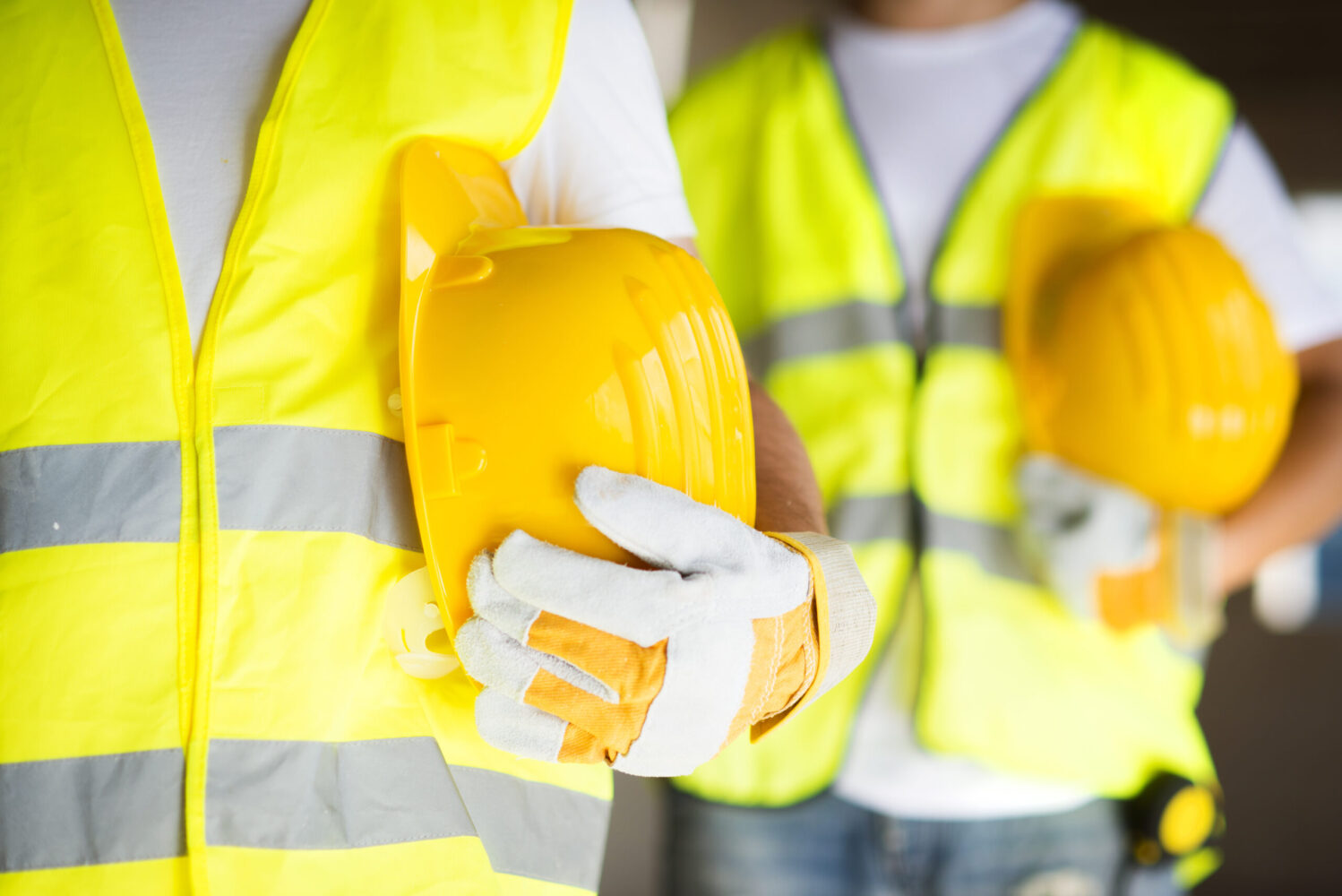Introduction: In the construction industry, prioritizing worker welfare is essential to promoting a safe, healthy, and productive work environment. Construction projects often involve challenging and potentially hazardous conditions, making it crucial for employers to implement robust measures to safeguard the well-being of their workforce. This article explores various strategies and initiatives to ensure worker welfare in construction projects, focusing on the UK context.
Compliance with Health and Safety Regulations:
Adhering to health and safety regulations is fundamental to protecting the welfare of construction workers. In the UK, the Health and Safety Executive (HSE) sets out stringent guidelines and standards for workplace safety in the construction sector. Employers are required to conduct risk assessments, provide appropriate training, and implement control measures to mitigate hazards such as falls, electrocution, and exposure to hazardous substances. Regular inspections and audits help ensure compliance with regulations and identify areas for improvement in workplace safety practices.
Provision of Personal Protective Equipment (PPE):
Providing adequate personal protective equipment (PPE) is essential for safeguarding construction workers from potential hazards on-site. This includes items such as hard hats, high-visibility clothing, safety goggles, gloves, and protective footwear. Employers are responsible for ensuring that workers have access to the necessary PPE and are trained in its proper use and maintenance. Regular inspections of PPE and replacement of damaged or worn-out equipment are essential to maintaining worker safety and welfare.
Training and Education:
Ensuring construction workers are adequately trained and educated is paramount to their ability to execute tasks safely and proficiently. In the United Kingdom, training programs within the construction industry encompass a wide array of subjects, spanning from health and safety protocols to manual handling techniques, working at heights, and the proper operation of machinery and equipment. Employers bear the responsibility of offering comprehensive training to all personnel, irrespective of their tenure or temporary status. Additionally, it is crucial to regularly refresh and update training materials to align with evolving regulations and industry best practices.
Promotion of Mental Health and Well-being:
Recognizing the importance of mental health and well-being in the construction industry is critical to supporting the overall welfare of workers. Construction projects can be physically demanding and mentally taxing, leading to stress, anxiety, and burnout among workers. Proper accommodation for contractors should be found for long-term projects to ensure employees are well-rested and comfortable away from site. Employers should prioritize mental health awareness and provide access to support services such as counselling, employee assistance programs, and stress management resources. Creating a supportive work culture that encourages open communication, peer support, and work-life balance can help mitigate mental health issues and promote overall well-being among construction workers.
Fair Wages and Working Conditions:
Ensuring fair wages and working conditions is essential for promoting the welfare of construction workers and upholding their rights as employees. In the UK, construction industry employers are required to comply with legislation governing wages, working hours, and employment rights, including the National Minimum Wage Act and the Working Time Regulations. Employers should provide competitive wages, reasonable working hours, and adequate rest breaks to prevent fatigue and promote work-life balance. Additionally, offering benefits such as holiday pay, sick leave, and pension contributions demonstrates a commitment to supporting the welfare of construction workers.
Conclusion:
Ensuring worker welfare in construction projects is a responsibility that requires collaboration between employers, workers, regulators, and industry stakeholders. By prioritizing health and safety compliance, providing PPE, investing in training and education, promoting mental health and well-being, and offering fair wages and working conditions, employers can create a safer, healthier, and more supportive work environment for construction workers in the UK. By upholding high standards of worker welfare, the construction industry can protect the rights and dignity of its workforce and enhance productivity, morale, and overall project success.
